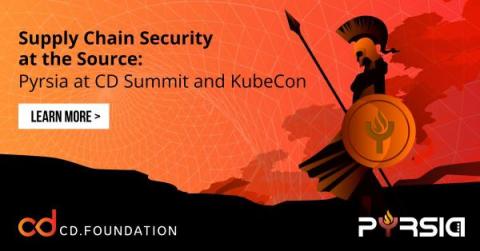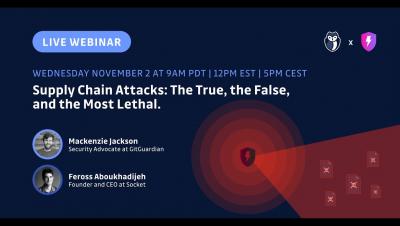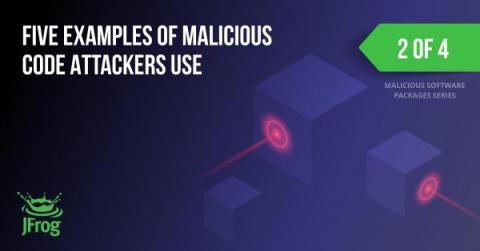NPM security: preventing supply chain attacks
NPM security has been a trending topic in the media in recent years, mostly in reference to npm packages available on the ecosystem rather than the npm registry itself. The increasing security risk, that applies to developers and software we build, makes it even more important to understand how to prevent supply chain attacks and other security vulnerabilities related to software development life cycle.











